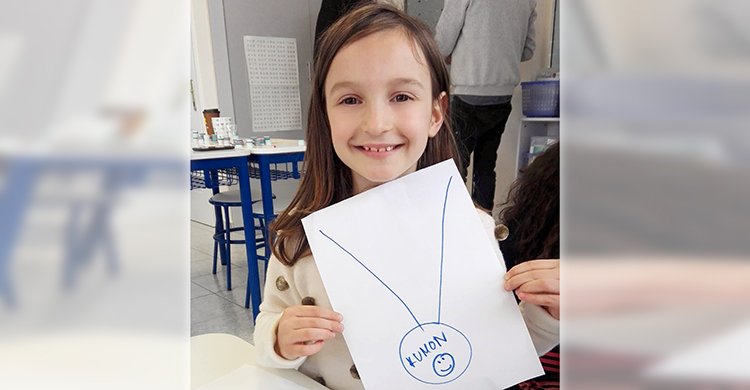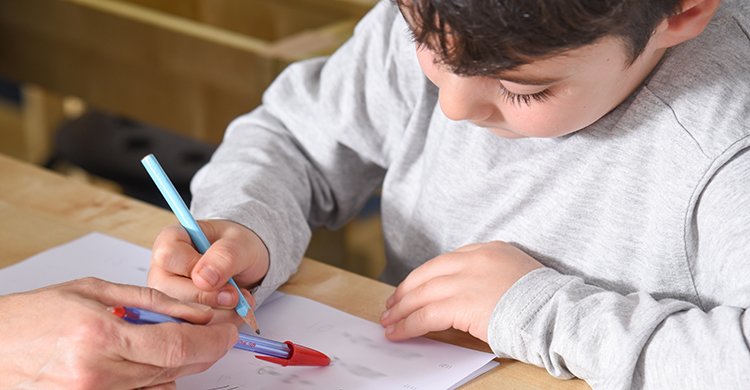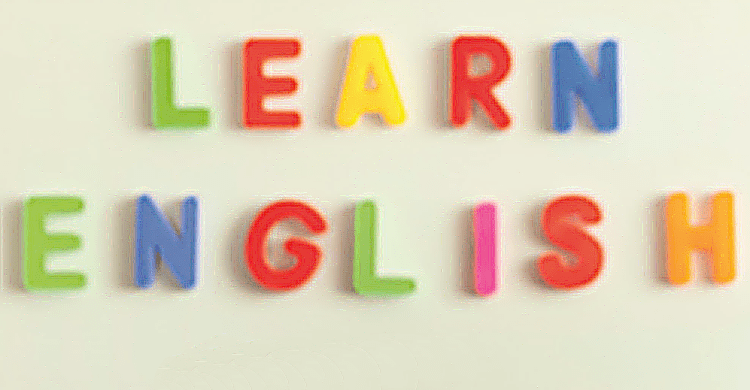Self-confidence: an important base for any learning success

Many children experience learning as something that’s arduous. Children who were enthusiastic and full of anticipation when they started school find themselves losing their desire for learning, along with their self-confidence and courage. They may eventually give up with the final attitude of "I can't do this". Through criticism, parents and teachers can add to the pressure of performing well in school, which contributes to the child’s developing negative self-image.
After too many tedious homework afternoons, the child may receive help from a tutor if that parent isn’t able to help any further. After the material is explained to them, the child may understand and catch up after a while – but has his or her mind set changed? In the end, he can only understand the given material if it is explained to him in detail. At best, they develop a passive attitude towards learning while their self-learning abilities and talents lie dormant. They aren’t living up to their full potential.
However, what if the child starts with what he or she already knows, and practises that until they have understood it perfectly well through repetitions. After their knowledge has been established in one area, it becomes much easier to move on to the next level of difficulty.
That is the approach of the KUMON method.
The child experiences learning as an alternation between "trying and understanding" and "practising until I can do it well". Both are positive learning experiences. The child builds self-confidence by perfecting the basis for continued learning. They recognises that by practising, they can easily solve tasks that previously seemed too difficult. The accumulation of such positive experiences leads to a positive change in the way of thinking: "I can do it if I practice enough". The child develops into a person with an inquisitive mind, who likes to learn and seeks new challenges. A feeling that in itself is as much fun as receiving good grade.


